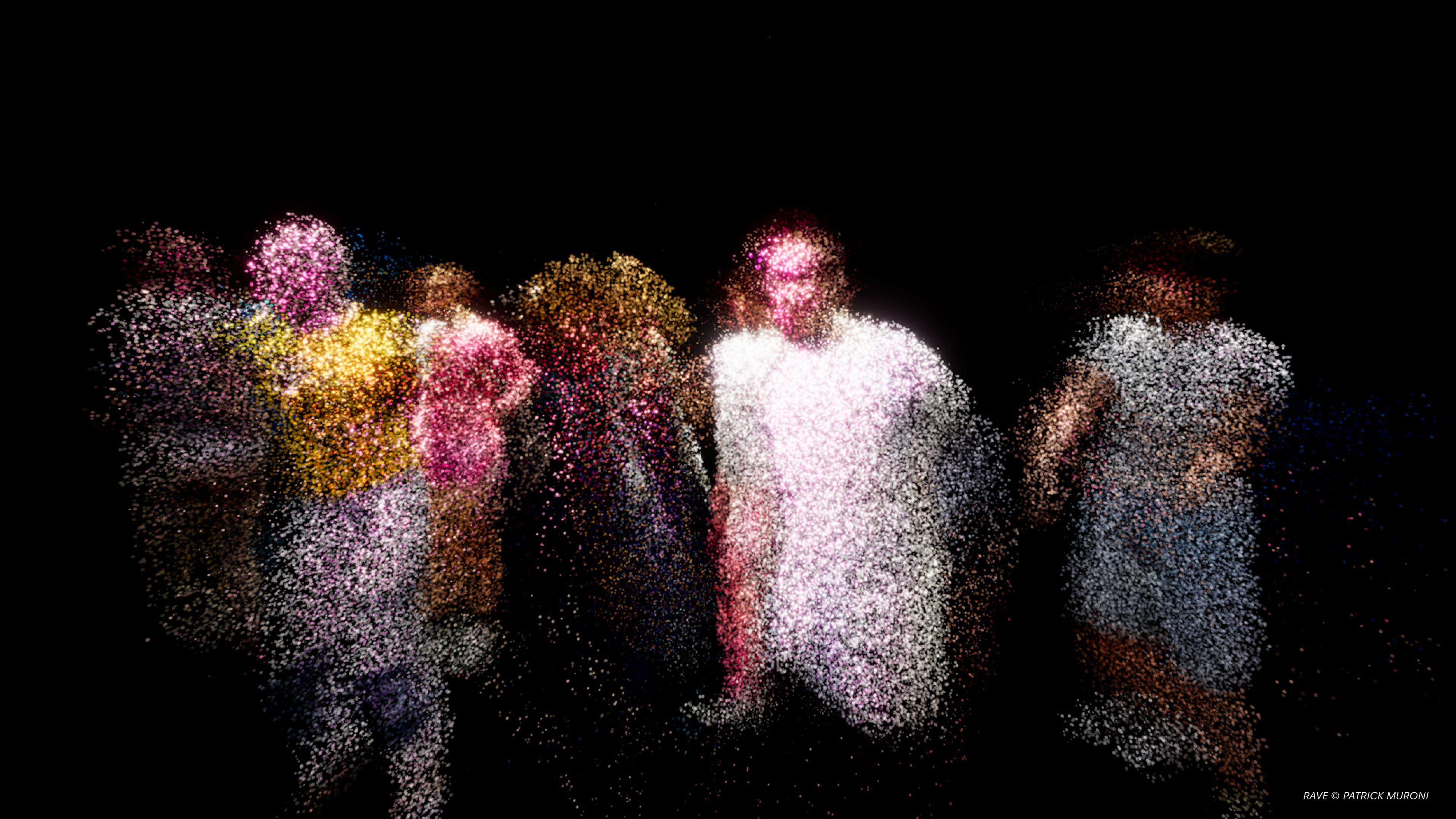
Arctic Blast Grips France, Switzerland as Heavy Snow Hits Alps
(Bloomberg) — A stream of Arctic air is gripping France and Switzerland in the most intense November cold snap in more than a decade, with heavy snow forecast for the Alps in the coming days.
Switzerland is poised for the harshest period since 2007, with France forecast to see the most intense cold since 2013, according to meteorologists at MeteoSwiss and Meteo France. The icy autumnal interlude, which started earlier this week, is becoming increasingly rare due to the impact of climate change on the world’s fastest-warming continent.
“What is unusual is that it is cold here for several days now,” said MeteoSwiss meteorologist Daniela Schmuki. “This hasn’t happened for a long time.”
The cold will extend into next week, with lows of -7C (19.4F) in Bern on Sunday and below-zero temperatures in Paris on Saturday. That’s sharp turnaround from last week, when a surge of tropical air lifted the temperature in the Swiss town of Delemont to a record November high of 23.5C.
Amber alerts for snow and ice have also been issued for the Italian regions of Piedmont, Lombardy and Emilia-Romagna.
The wintry blast is expected to bring a heavy dumps of snow to the western Alps, providing relief to resorts that have been forced to rely artificial snowmaking in the face of global warming.
About 30 centimeters (12 inches) of snow have already fallen near the French resort of Chamonix, at the foot of Mont Blanc, according to Angele Mesny, a meteorologist and snow scientist with Meteo France. Some forecasters are predicting more than a meter of fresh snow over the next week, with the heaviest falls coming on Monday and Tuesday.
“It’s quite white across the whole area,” said Mesny, adding that the season has been relatively normal so far.
That contrasts with the southeastern corner of the Swiss Alps, which has been suffering a snow drought since early falls in October, according to Aude Untersee, a meteorologist with MeteoSwiss. That will ease over the coming days as the wave of Arctic air combines with moist, westerly winds to bring as much as 50 centimeters to some places, Untersee said.
Still, the ice and snow relief is likely to prove fleeting. Scientists say the Alps are warming at roughly twice the global rate, curbing snowfall in low-altitude resorts and making long-lasting cold spells unusual.
“We can see it clearly. At low altitudes snow is hard to get,” said Mesny with MeteoFrance. “It’s really in decline.”
©2025 Bloomberg L.P.



























